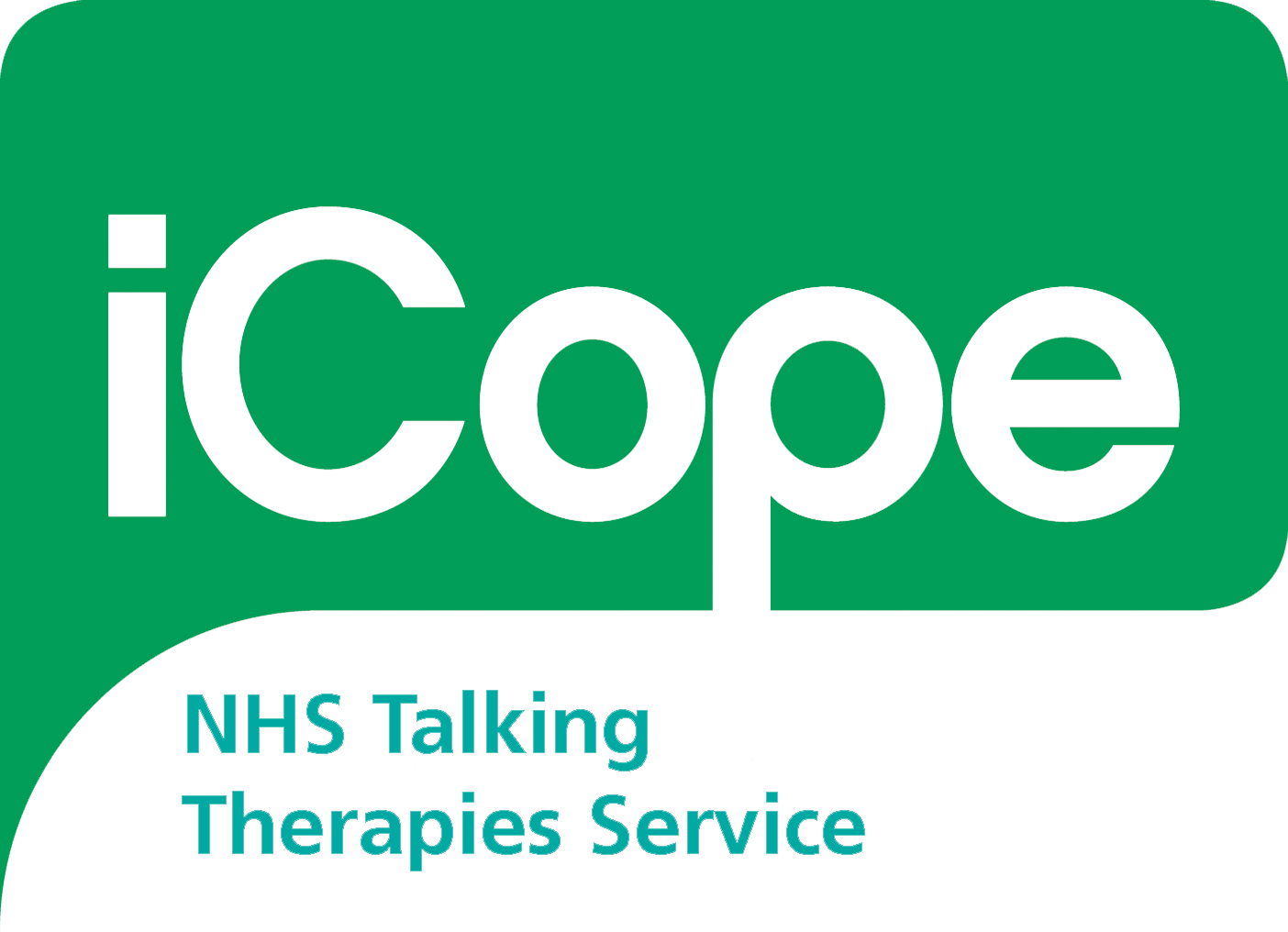“Perfectionism is the setting of, and striving to meet, personally very demanding standards that are self-imposed and relentlessly pursued despite this causing problems. It involves basing one’s self-worth almost exclusively on how well these high standards are pursued and achieved” (Shafran et al. 2010).
This workshop aims to help attendees:
- Define and understand their own perfectionism
- Learn how and why perfectionism may persist
- Learn practical techniques to reduce perfectionism in everyday life
Together we will learn how perfectionism affects us emotionally and physically, as well as the way it changes how we think and behave in different situations. You will learn a range of coping strategies to help improve your symptoms including:
- Challenging unhelpful thoughts
- Reducing unhelpful behaviours – such as reassurance seeking and excessive checking, as well as procrastination and indecisiveness
All workshops have been recorded by our therapists and are available to view online. We are currently unable to run face to face workshops due to the pandemic. You can see all of our workshops here.




